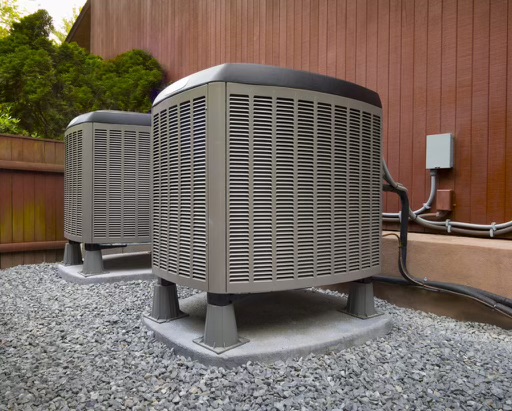
Frequently Asked Questions
Find answers to commonly asked questions about our services.
What size furnace or air conditioner unit is suitable for my home?
To accurately size a furnace or air conditioner for your home, it’s essential to conduct a heat load calculation. This calculation considers the rate at which your home gains or loses heat, rather than just relying on square footage. GDS Heating and Cooling utilizes ACCA’s Manual J, an industry-approved method, to ensure the selection of the proper system tailored to your needs.
Given that both my furnace and air conditioner are new, is it truly necessary to have them cleaned?
Absolutely! Despite being new, your system still requires annual maintenance. This is crucial to uphold the warranty, as most manufacturers stipulate in their terms that annual maintenance must be carried out by a qualified technician. Regular maintenance ensures your system operates at peak efficiency and safety, providing you with peace of mind.
Why does the upstairs of my house tend to be warmer in the summer and cooler in the winter despite having only one unit? What steps should I take to address this issue?
If the system is appropriately sized, one potential solution is implementing a zoning system. Another option involves adding return air ductwork to enhance air movement and improve comfort on upper levels. Our team can assess your system and offer professional recommendations on the most effective solution for addressing uneven temperatures.
After my air conditioner operates for some time, ice accumulates on the outdoor coil, causing it to cease cooling. What might be the underlying issue causing this problem?
It’s probable that the issue stems from either low refrigerant levels or restricted airflow. As a homeowner, try replacing your air filter and allowing the unit to thaw out. If the problem persists, it’s advisable to contact GDS Heating and Cooling to arrange for AC repair. We recommend annual air conditioner maintenance to ensure optimal performance of your systems
What is SEER?
SEER, which stands for “Seasonal Energy Efficiency Ratio,” essentially measures how efficiently an air conditioner utilizes electricity to provide cooling comfort. A higher SEER rating indicates a more efficient system. According to federal regulations, all new units must have a SEER rating of 14 or higher. GDS Heating and Cooling suggests scheduling a technician to conduct a heat load calculation at your home to guarantee the installation of the appropriate size unit. This complimentary service for our customers could potentially save you money and enhance your indoor comfort.
What is a AFUE?
AFUE, or “Annual Fuel Utilization Efficiency,” indicates how effectively your heating expenses are converted into heat energy for your home, versus how much is lost through the flue pipe. Older furnaces typically operate at 50% to 60% efficiency, meaning a significant portion of your heating dollars is lost up the flue pipe. Federal regulations now require all newly produced furnaces to have at least 80% efficiency. GDS Heating and Cooling provides furnaces of various sizes, with efficiencies up to 96%. This high efficiency means that nearly all of the gas expenditure from your utility company is converted into heat for your home, with only a small fraction lost through the flue pipe. A GDS Heating and Cooling technician can visit your home to conduct a heat load calculation and recommend the appropriate system to optimize your comfort and savings. In many instances, homeowners have saved enough on their utility bills to offset the investment in a new comfort system.
How to Tell if the Blower Motor Capacitor is Bad?
Is your furnace blower not operating correctly? It’s possible that a faulty blower motor capacitor is the culprit. Signs of a defective blower motor capacitor include humming sounds, repetitive clicking, short cycling, lack of heat production, acrid odors, or erratic motor behavior. A malfunctioning capacitor can result in ineffective heating and higher energy bills. Recognizing the symptoms of a bad capacitor is essential for ensuring your furnace maintains optimal performance.
What is the difference between a furnace and a heat pump?
Furnace: Utilizing fuels like natural gas, oil, or propane, a furnace heats your home by combustion, generating heat that is distributed through ductwork.
Heat Pump: Operating on electricity, a heat pump transfers heat between different areas. During winter, it extracts warmth from outdoor air (even in cold climates) and channels it indoors to heat your home. In summer, it reverses this process, extracting heat from indoors and expelling it outside to cool your living space.
